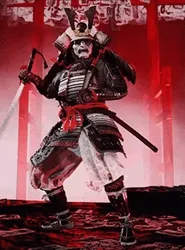

By Bryan Alexander - USA TODAY - 19 Feb 24
"FX's battle for "Shogun" supremacy is about to commence".

"The sprawling 10-episode limited series, which flexed a Super Bowl trailer, has been billed in advance reviews as "Game of Thrones" set in feudal Japan — with looming war, life-and-death palace intrigue, plotting and politics.
"The big difference is that the dragons are within our 'Shogun' characters rather than stretching across the sky," says Rachel Kondo, who wrote and executive produced the series with her husband Justin Marks.
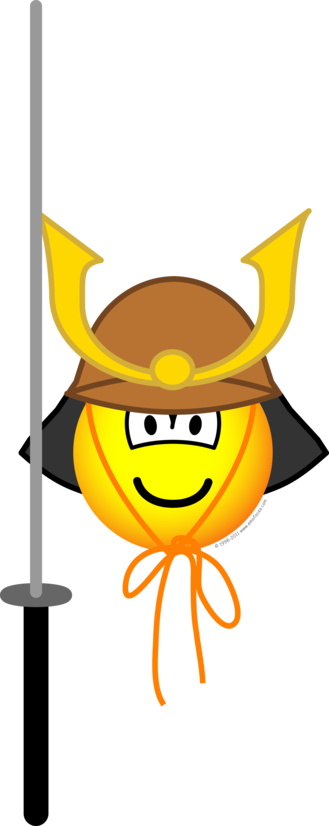
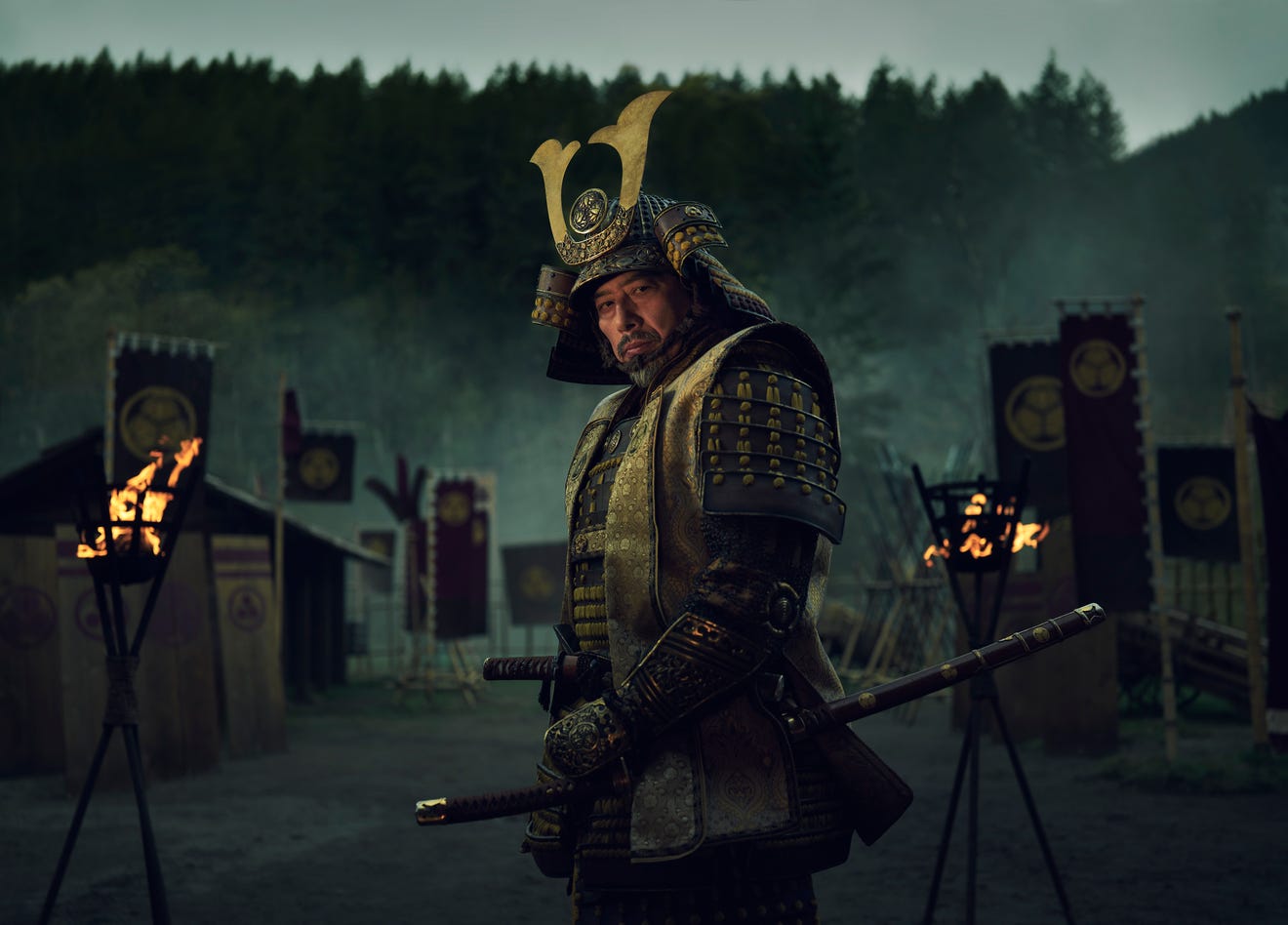
Hiroyuki Sanada as Lord Yoshii Toranaga
FX Networks chief John Landgraf touted his network's most expensive, decade-long project at this month's Television Critics Association press tour: "In my 20 years at FX, we've never undertaken an epic of this scale," he said. "This is a long-gestating labor of love."
Here's what you need to know about "Shogun."
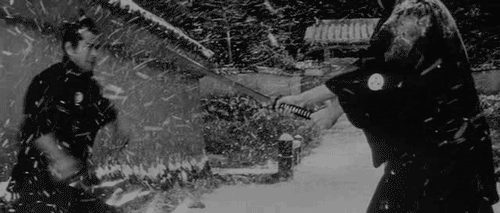
The first two "Shogun" episodes premiere Feb. 27 on FX (10 p.m. EST/PST) and Hulu (12:01 a.m. EST). The remaining episodes will be released weekly on Tuesdays until the finale on April 23.[...].
"Shogun" is an original adaptation of Clavell’s bestselling novel, starring Sanada as the embattled Toranaga, who shrewdly enlists marooned the English pilot John Blackthorne (Jarvis) into an evolving plan to help tip the scale of power in 1600s Japan with their translator, Mariko (Sawai).
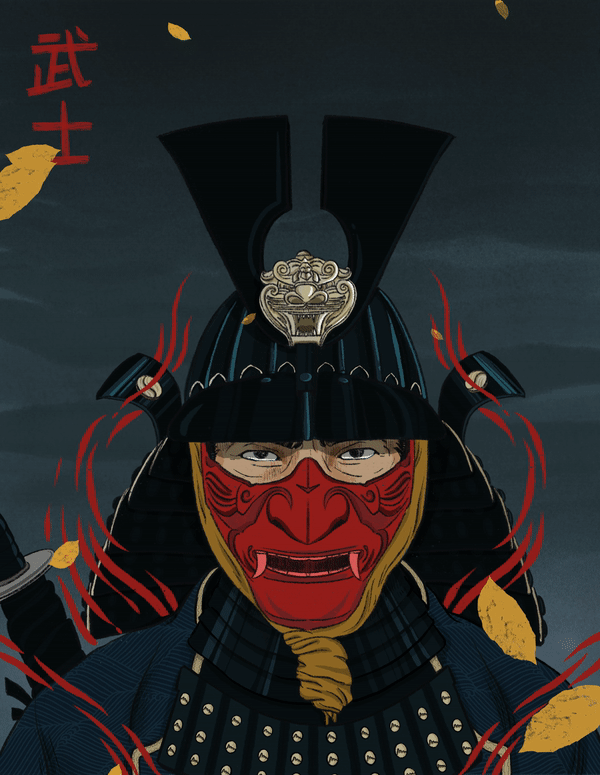
The 1980 series is credited with opening American viewers' eyes to Japanese culture, but has been criticized for focusing on a Western point of view through Blackthorne, and his romance with Mariko. The new series tells a story exploring the complicated fabric of Japanese life through a Japanese perspective, as reflected in the novel.

"Our process was going straight to the text and listening to the story that was being told to us," says Marks.
"We see the story through Toranaga's eyes, Lady Mariko's eyes, so many Japanese eyes," says Sanada. "That's the intention of this version, to not see this story through one set of eyes this time. And to it make as authentic as possible."
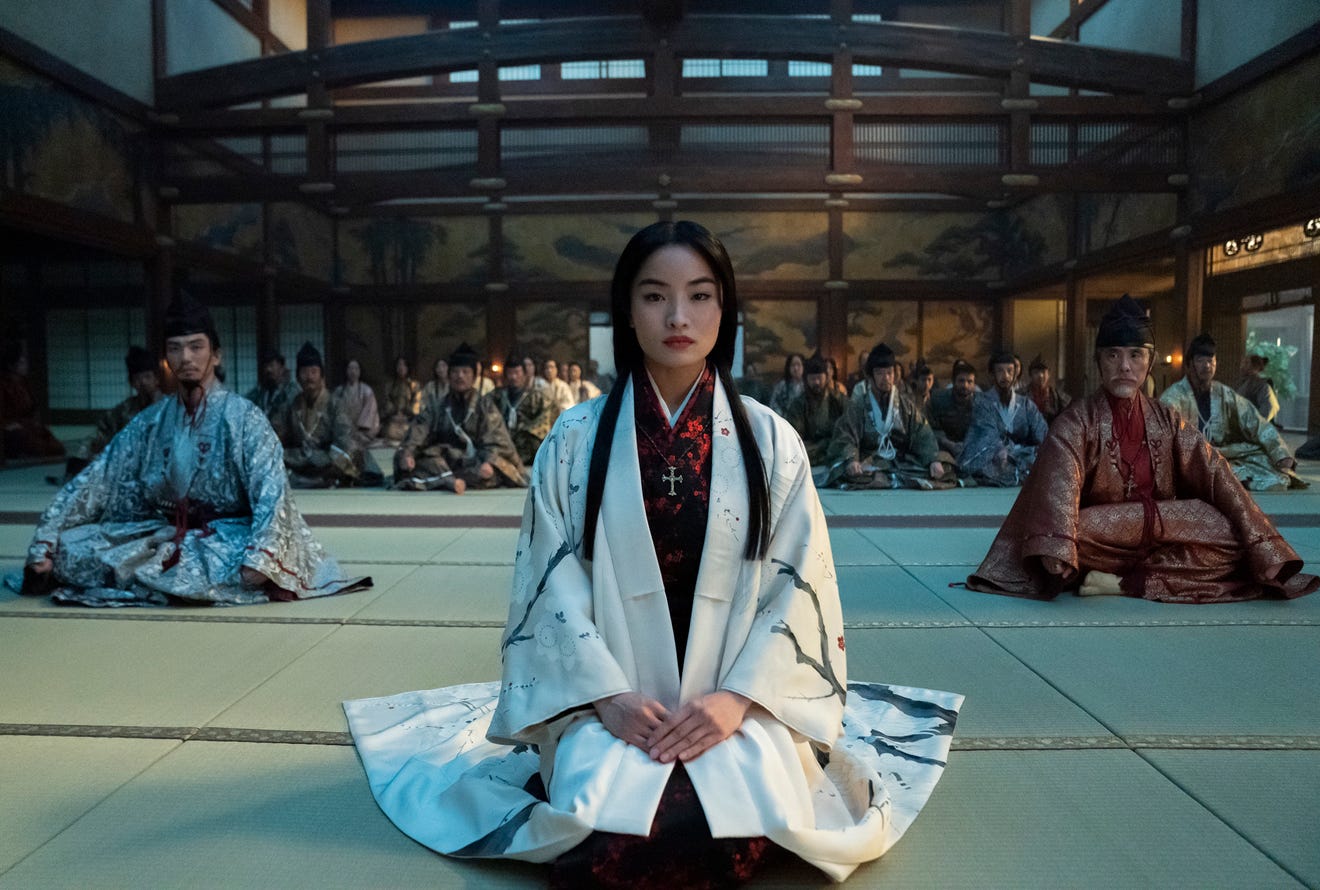
Anna Sawai as Lady Mariko
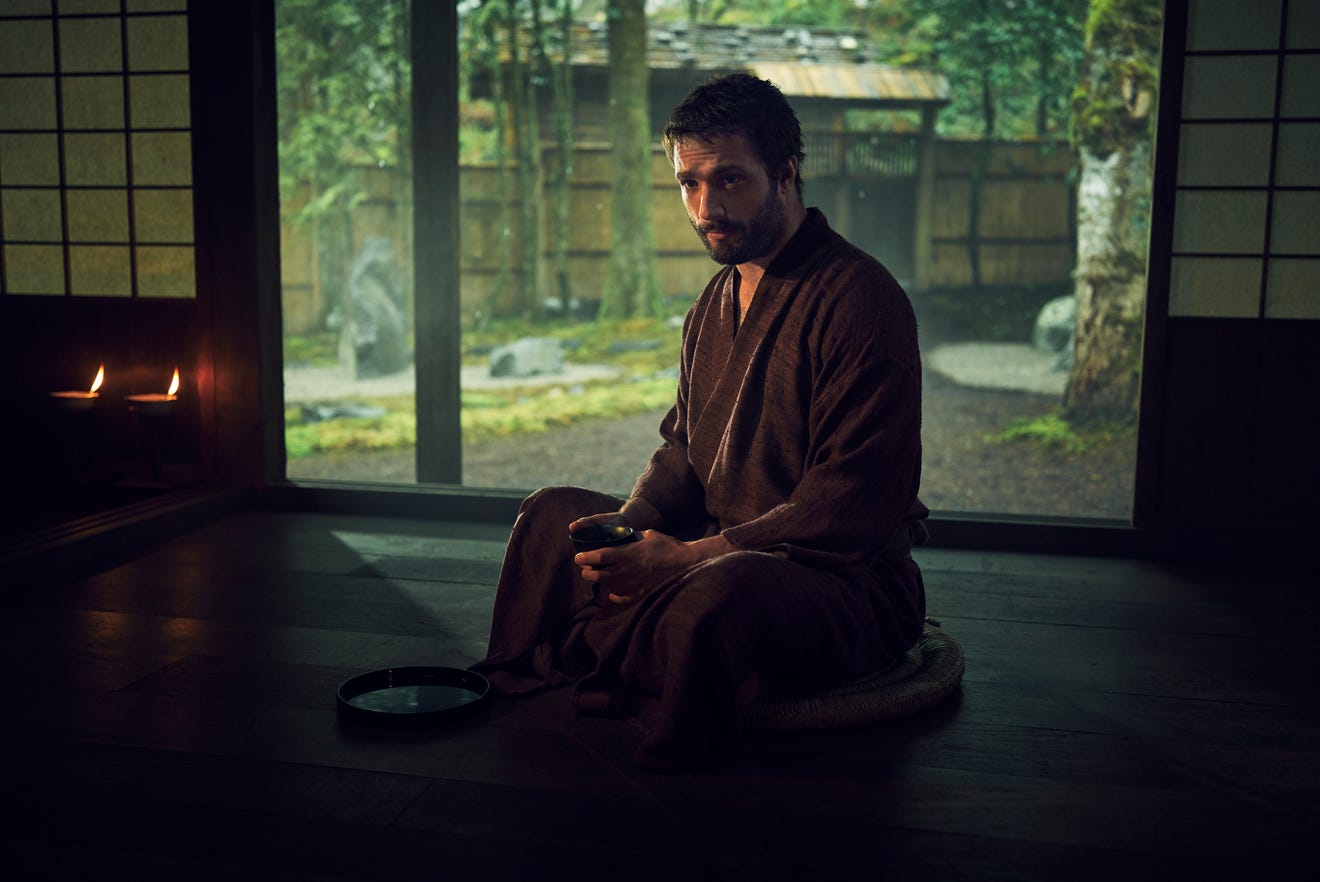
Cosmo Jarvis as the restless English pilot, John Blackthorne
And the other cast members.
Read More: Shogun Mini-Series Release Date

Last edited:








